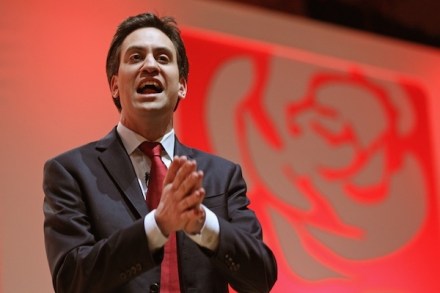Lib Dems block further welfare cuts
One popular prediction swirling around Westminster this morning is that part of the Government’s response to the GDP disaster will be to cut more money from the welfare budget. After all, George Osborne told MPs in his Budget statement that there would need to be a further package of £10 billion cuts in welfare spending over the period of the next spending review, and the IMF has made similar noises, too. But I understand that this is not going to happen because the Liberal Democrats will not let it go through. Sources are emphatic that those at the top – Nick Clegg, Danny Alexander et al – have blocked the



















